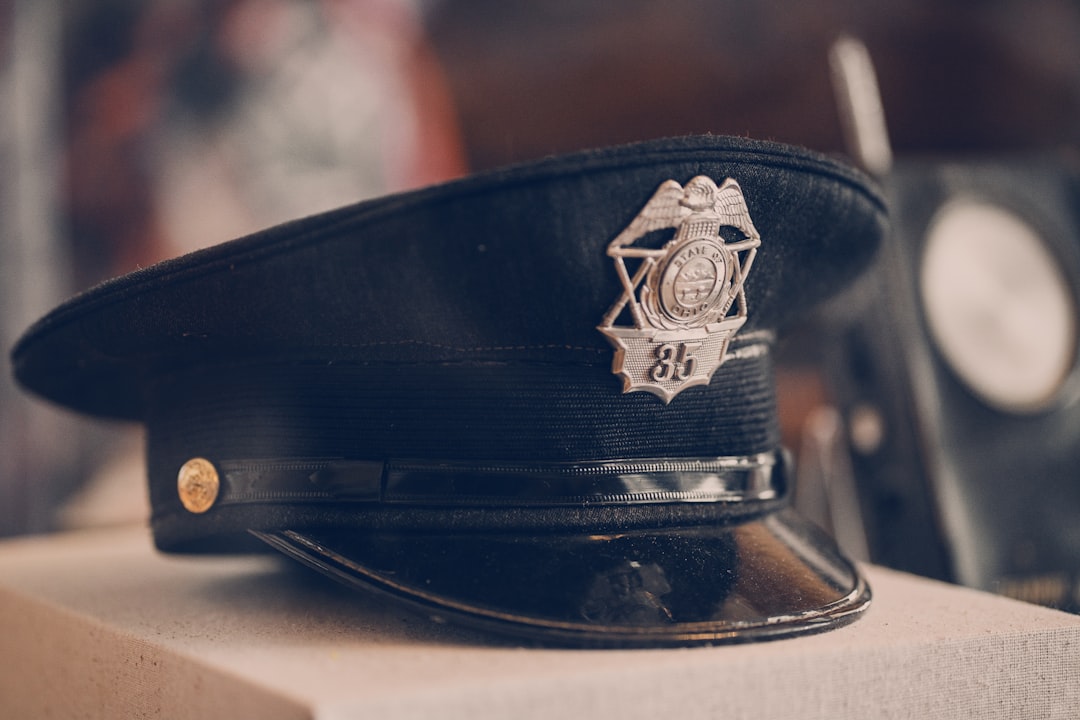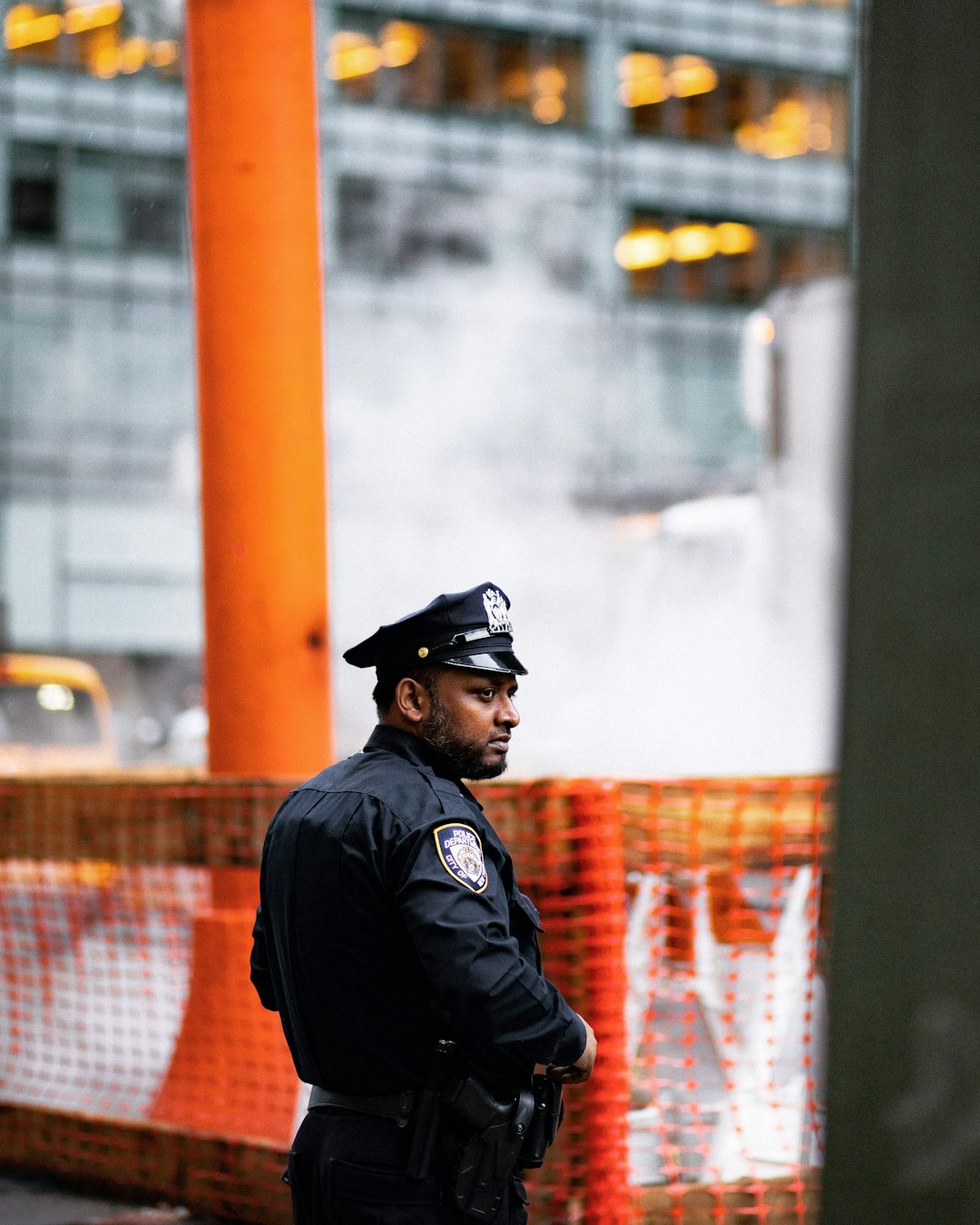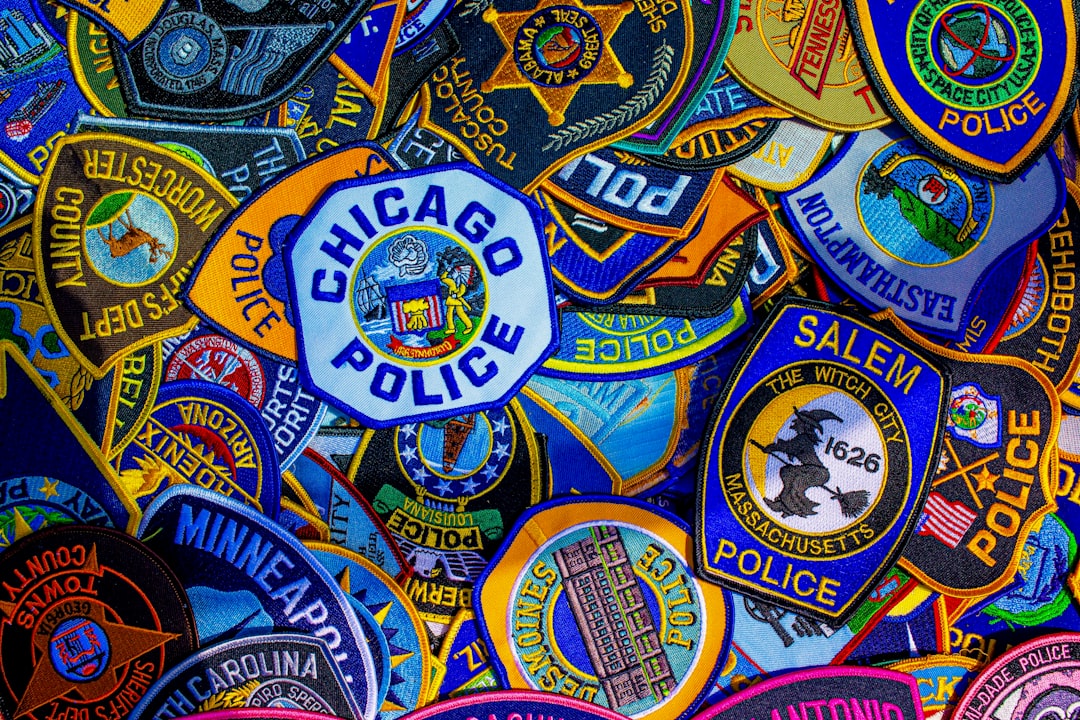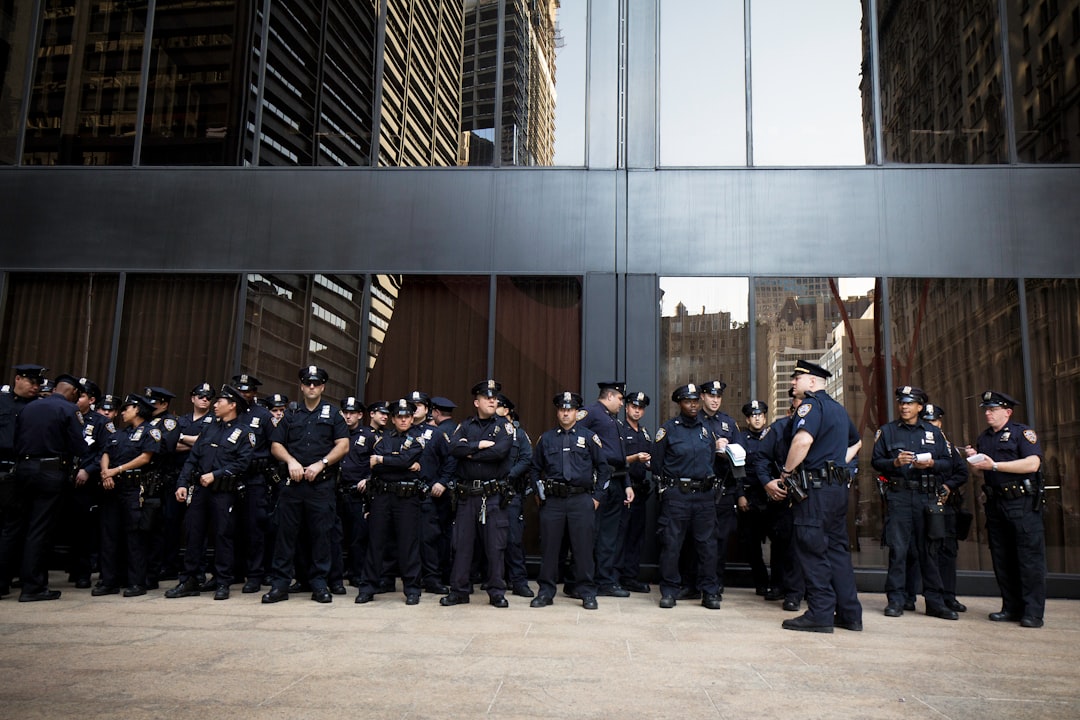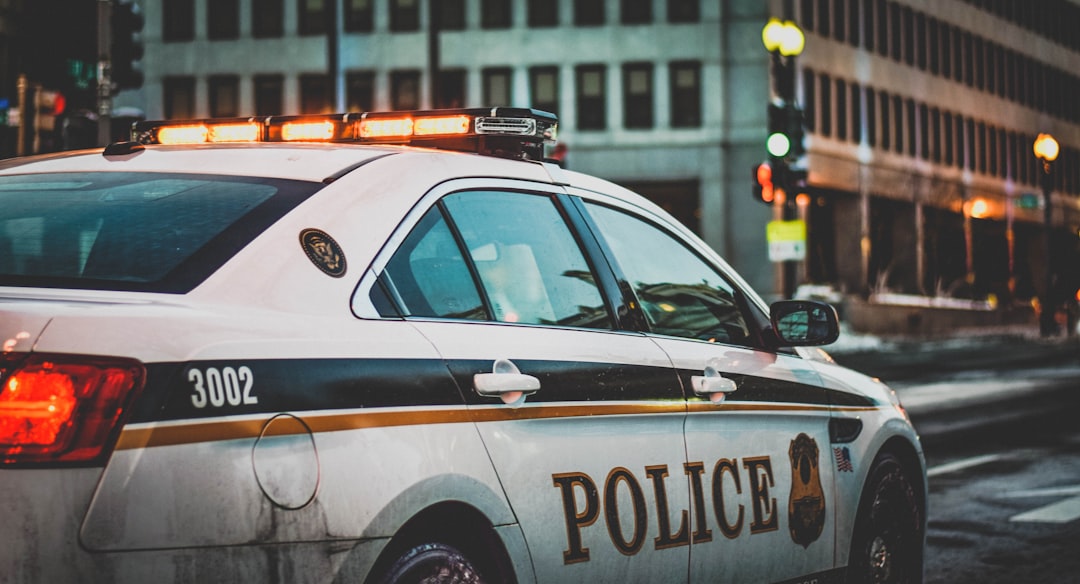Top 5 Things to Consider
Before Becoming a Police Officer
Table of Contents
Table of Contents
ToggleShould You Become a Cop? Things to Consider
You Will Make Mistakes
Mistakes will happen, but the true character of a good recruit is how you rebound. The ability to rebound and learn from your mistakes is critical. The earlier you learn the better.
You Must Pass The Examination
If you don't pass the police test, also known in some states as the POST test, you can't become a cop. But rest assured, there are many online guides that can help you prepare.
You Can't Save Everyone
Policing requires a pretty thick skin. You'll see alot of gruesome things, and you won't be able to save or fix everyone. You'll have to learn how to leave work at work.
Watch Video: 5 Tips Before Becoming a Cop
Top 5 Things to Consider Before Becoming a Police Officer
Before embarking on a law enforcement career, you should carefully assess the pros and cons of the job. You should also assess whether you’re suited to the demands of this high stress profession.
Here are (5) things to consider if you’re contemplating starting a law enforcement career:
Decision Making
Are you up for the intense demands of a law enforcement career? You need to have an iron constitution not to buckle under the pressure of working under high stress, emergency conditions. Will you be able to keep your cool and maintain order in chaotic situations?
Can you think clearly enough to carry out your duties when called upon to respond to a gruesome car crash? How about staying calm enough to fire your weapon accurately if you’re confronted by an armed gunman? Calmness and courage under fire is mandatory for anyone contemplating a law enforcement career, so you should assess your ability to do so.
You’ll also need to be able to manage stress when you’re not on the job, so the demands of your profession don’t have a negative impact on your home life. All of these things are extremely important for anyone who’s dedicating themselves to police work.
The Police Academy is Tough
Another thing to consider when contemplating a law enforcement career is whether you can meet the rigorous demands of the police training academy. This intensive program consists of 12 to 14 weeks of classroom and field training during which you’ll be expected to be at peak performance, both mentally and physically.
Because today’s law enforcement officers need to be versed in the laws they’re being tasked with enforcing, a large portion of your training will take place in the classroom where you’ll be taking tests and memorizing large amounts of material. You should carefully assess whether you have the cognitive skills to carry out the intellectual demands of training for a law enforcement career.
Health & Fitness
Do you have the physical stamina and strength to pursue a law enforcement career? This is an important aspect of the job, especially when you’re getting ready to begin your training at a police academy. In many ways, law enforcement training is comparable to military basic training.
Academy training requires that you be in peak physical condition, both in terms of muscle strength, coordination and stamina. You’ll be expected to be able to do sit-ups, knee-bends, pull-ups and muscle building exercises to prepare your body for the challenge of police work.
You’ll be running every day, working up to a six-mile course by the end of your training. Target shooting is another aspect of police work that you’ll be expected to perform expertly. Assessing your ability to carry out these tasks is an important part of assessing whether you have what it takes to begin a law enforcement career.
Teamwork
Your ability to work with others and communicate effectively can prove to be very important in a police career. You might have a better chance of succeeding in this line of work if you get along well with others and are a team player. A police job typically involves a great deal of interactions with your co-workers to get the job done.
Responsibility
A police job involve a great deal of responsibility. In this job, you have to backup fellow officers, interview victims, write reports, secure crime scenes and keep concise records of who you spoke to during an investigation. Often, you will report to several different layers of supervision, and other units, and sometimes assist MEDICS with an unruly patient.








